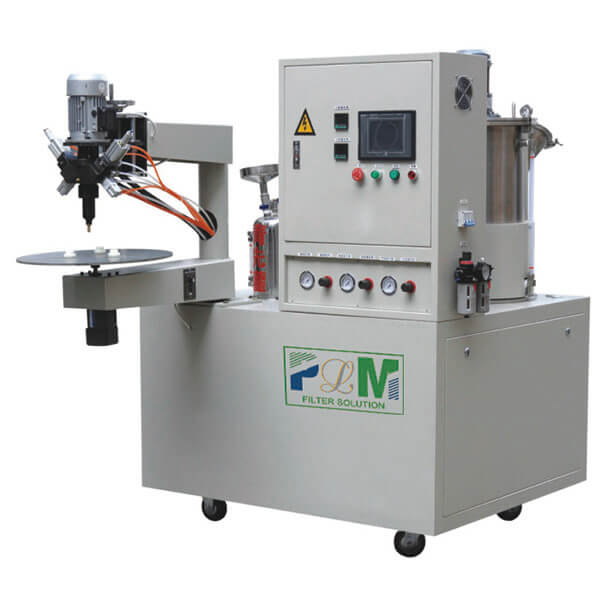Dec . 05, 2024 19:09 Back to list
OEM Hydroponic Carbon Filter for Enhanced Air Quality and Plant Growth Solutions
Understanding OEM Hydroponic Carbon Filters Benefits and Applications
In recent years, the popularity of hydroponic growing systems has surged, leading to an increased demand for effective filtration solutions. One of the most critical components in maintaining a healthy hydroponic environment is the carbon filter. These filters help in purifying the air and removing unwanted odors, making them essential for both commercial and residential hydroponic setups. In this article, we will explore the importance of OEM (Original Equipment Manufacturer) hydroponic carbon filters, their benefits, and their applications.
The Role of Carbon Filters in Hydroponics
Carbon filters operate on the principle of adsorption, where harmful chemicals and odors adhere to the surface of activated carbon granules. In hydroponics, where plants are grown in nutrient-rich water without soil, the need for a clean, odor-free environment is paramount. These filters effectively remove volatile organic compounds (VOCs), smoke, and other pollutants that can accumulate in an indoor garden space. This not only helps maintain air quality but also promotes a healthier growing environment for plants.
Advantages of OEM Hydroponic Carbon Filters
1. Customized Solutions OEM carbon filters are specifically designed to meet the unique requirements of hydroponic systems. Manufacturers can tailor filters to different sizes, capacities, and performance levels, ensuring that growers have the most effective equipment for their needs.
2. Quality Control When sourcing from OEMs, growers can benefit from stringent quality standards. OEMs typically have established manufacturing processes that ensure consistency and reliability in their products. This is especially crucial in hydroponics, where the health of plants can be significantly impacted by air quality.
3. Cost-Effectiveness Partnering with an OEM can lead to cost savings, as these manufacturers often have streamlined production methods. This can translate to lower prices for high-quality carbon filters, making them accessible for hobbyists and professionals alike.
4. Innovation and Technology OEMs are often at the forefront of technological advancements in filtration systems. They invest in research and development, resulting in improved filtration methods, better adsorption materials, and enhanced filter longevity. This can lead to better performance in hydroponic systems.
oem hydroponic carbon filter

5. Comprehensive Support Working with an OEM usually provides access to a wealth of knowledge and resources. This can include guidance on installation, maintenance tips, and troubleshooting advice, ensuring that growers can maximize the effectiveness of their carbon filters.
Applications of Hydroponic Carbon Filters
Hydroponic carbon filters are versatile and can be applied across various settings. Here are some common applications
1. Indoor Grow Rooms For hobbyists and commercial growers using indoor grow rooms, carbon filters are essential for controlling odors and maintaining a stable environment. This is particularly important in urban settings where nearby residents may be sensitive to the smell of growing plants.
2. Greenhouses In larger hydroponic setups like commercial greenhouses, effective air filtration is crucial for larger volumes of air. OEM carbon filters can be integrated into the existing ventilation systems to ensure optimal air quality for plant growth.
3. Research Facilities Laboratories and research institutions focused on hydroponic studies benefit from precise control of environmental variables, including air quality. Carbon filters can help remove contaminants that could affect experiments or plant health.
4. Vertical Farms As urban agriculture grows, vertical farms are becoming a popular method of food production. Carbon filters play a vital role in minimizing odors and ensuring breathable air for workers and plants.
Conclusion
The integration of OEM hydroponic carbon filters in growing systems represents a significant advancement in the field of horticulture. With their ability to enhance air quality, customize performance, and provide cost-effective solutions, these filters are indispensable for anyone involved in hydroponic cultivation. As the demand for sustainable and efficient growing practices continues to rise, the role of carbon filters in maintaining optimal growing conditions will only become more important. For hydroponic growers seeking to optimize their systems, investing in high-quality carbon filters from reputable OEMs is a step toward achieving healthy, thriving plants.
-
Durable Sintered Porous Metal Filter Tube Cup & Machines
NewsJul.22,2025
-
Effective Active Carbon Air Filter for Purifiers | Eliminate Odors
NewsJul.21,2025
-
PLJT-250-25 Full-auto Turntable Clipping Machine | Efficient Automation
NewsJul.20,2025
-
Cheap PLJY109-500 Full-Auto HDAF Expanded Mesh Spiral Coiling Machine - High Efficiency & Quality Manufacturer
NewsJul.08,2025
-
Best PLHJ-6 Full-Auto Eco Filter Rotary Heat Plating Machine - High Efficiency & Eco-Friendly Solution
NewsJul.08,2025
-
High-Efficiency Paper Pleating Machine for Filters Trusted Filter Paper Pleating Machine Company
NewsJul.07,2025
